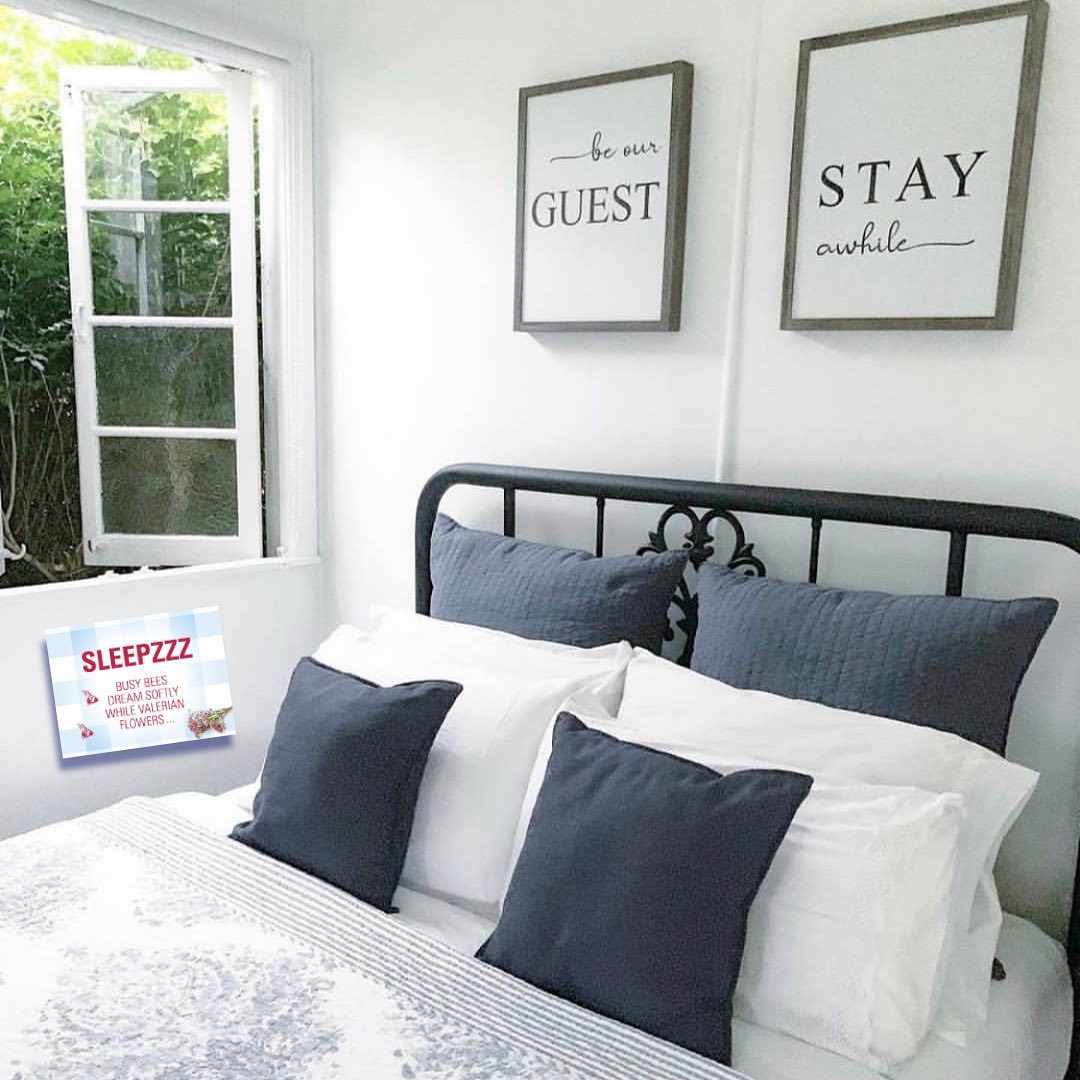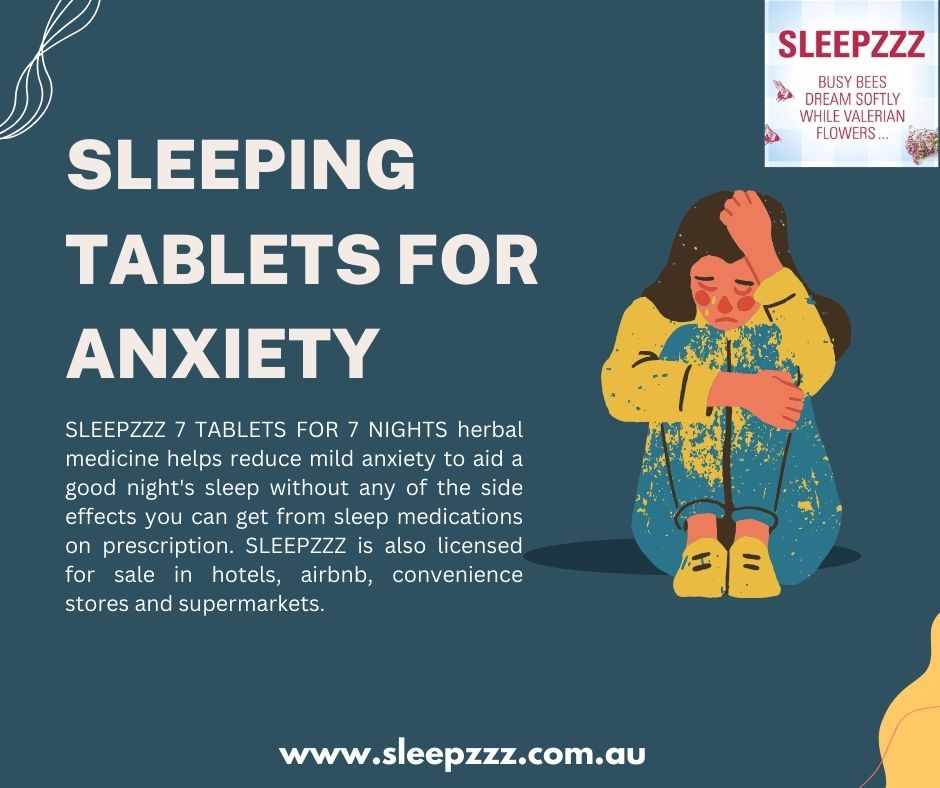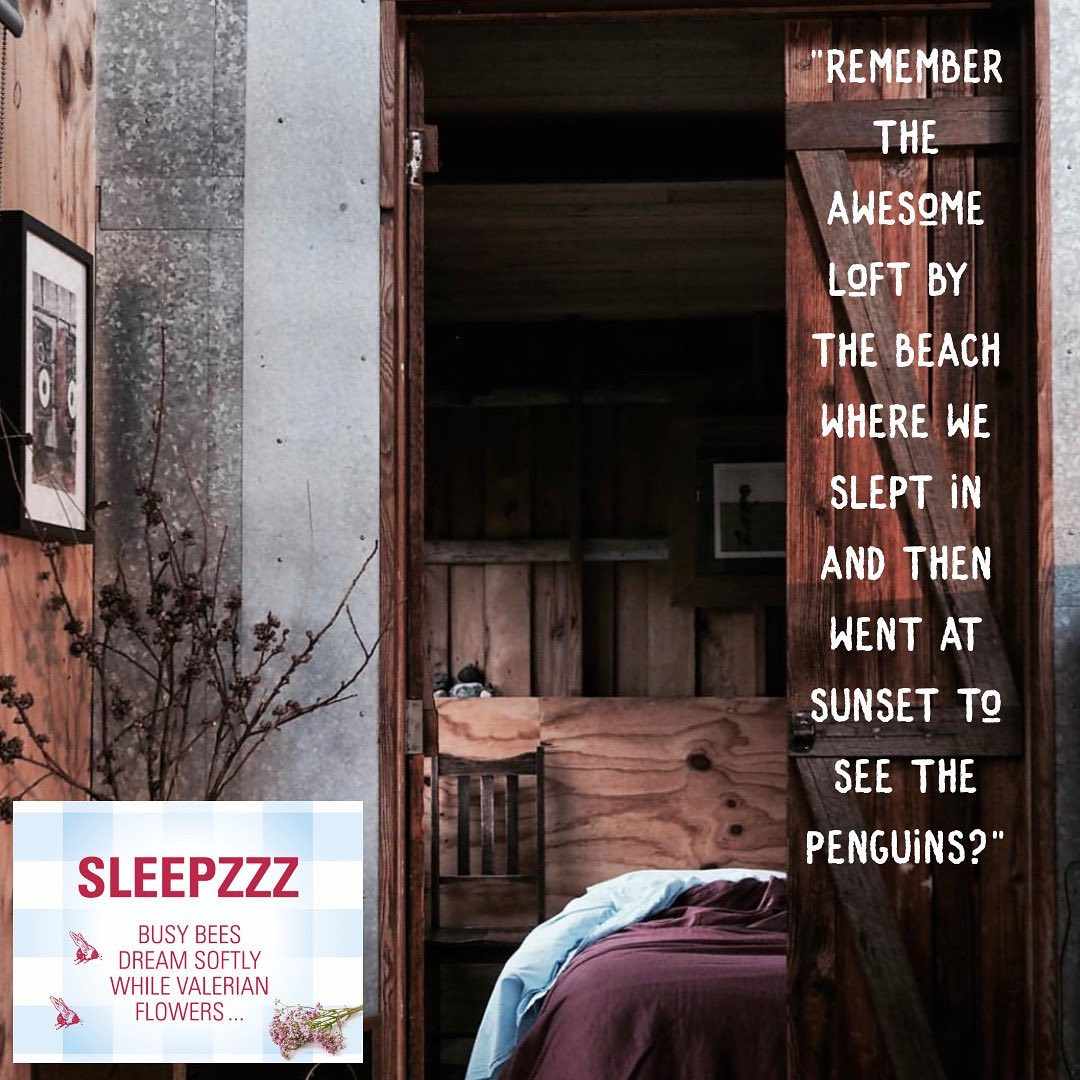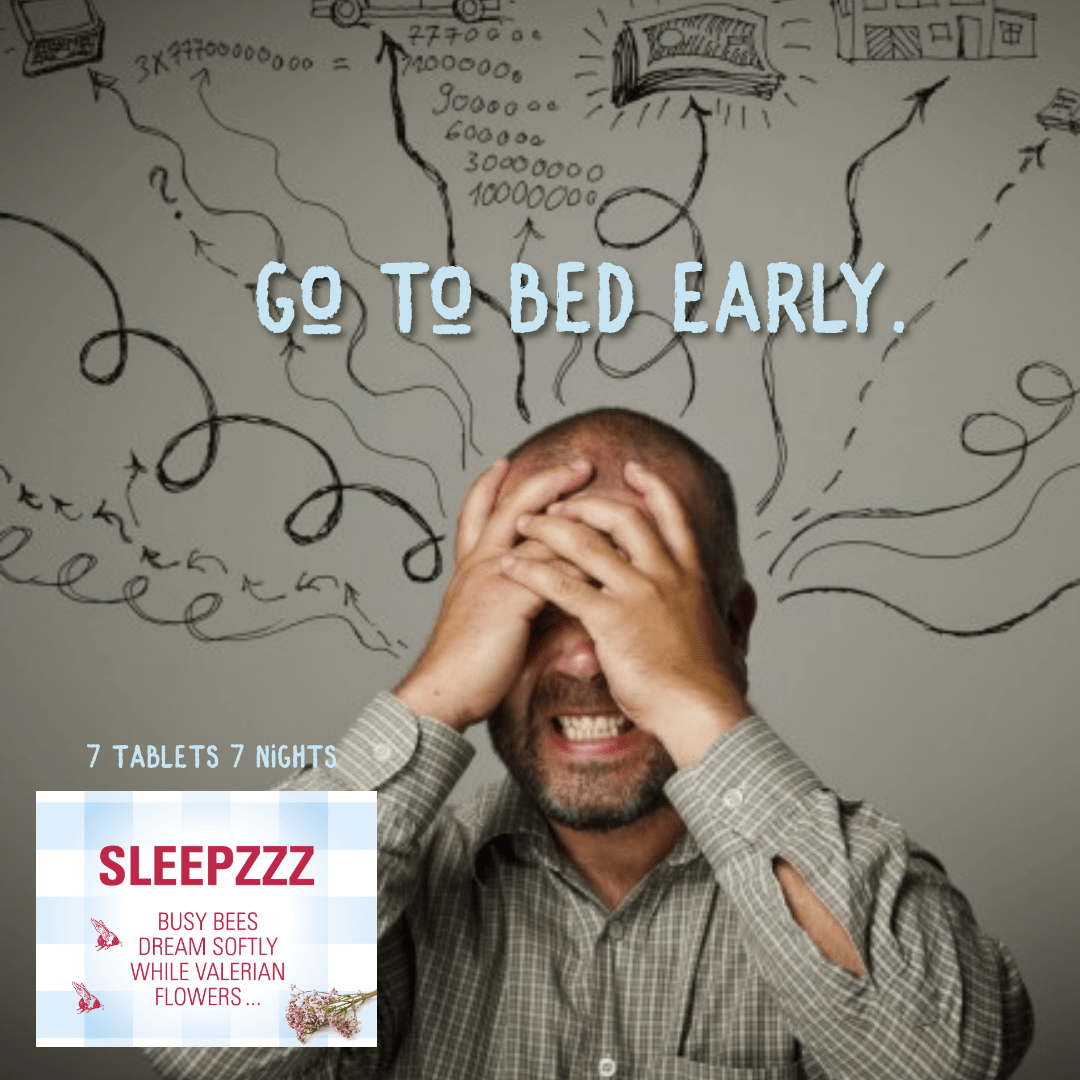
Anxiety and sleep are closely linked. Anxiety can cause sleep disturbances, and lack of sleep can exacerbate anxiety symptoms. In fact, research has shown that people with anxiety disorders are more likely to experience sleep problems than those without anxiety.
Anxiety can make it difficult to fall asleep or stay asleep. This is because anxiety can cause a hyperarousal state, making it hard to relax and wind down at night. People with anxiety may also experience racing thoughts, worry, and physical symptoms such as a racing heartbeat, sweating, and muscle tension, which can make it difficult to fall asleep.
Lack of sleep can also worsen anxiety symptoms. Sleep deprivation can cause irritability, mood swings, and fatigue, which can exacerbate anxiety. Additionally, anxiety sleep issues play a crucial role in regulating emotions, so when we don't get enough sleep, it can be harder to cope with stress and anxiety.
Fortunately, there are strategies that can help manage both anxiety and sleep problems. Practicing relaxation techniques such as deep breathing, meditation, or progressive muscle relaxation can help calm the mind and promote sleep. Establishing a regular sleep routine, avoiding caffeine and alcohol before bed, and creating a comfortable sleep environment can also improve sleep quality.
If anxiety and sleep problems persist, it's important to seek help from a mental health professional who can provide effective treatment options, such as cognitive-behavioral therapy, medication, or a combination of both.





.jpg)


Write a comment ...